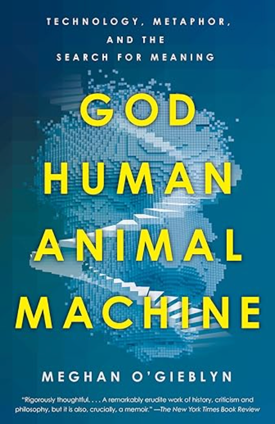Differences between blogs and wikis, and why you might need both
At work I have often grumbled about the fact that we have both a blog and a wiki, and that content shared between them sometimes seems redundant and unnecessary. However, I have since come to realize how well blogs and wikis fit together. I think it makes sense to have both -- at least in my authoring scenario.
In short, wikis are suited for information that doesn't expire in a short time, while blogs are better for short-lived news. The wiki is perfect as an ongoing encyclopedia of information that accrues in a larger and more useful, interconnected, comprehensive way. The information in a wiki is meant as standalone, long-term informative articles. You might expect to browse a wiki's contents without regards to the dates each article was published. Of course there will be exceptions. All information has some time variable to it and will become dated -- but not like information on a blog.
Blog posts are intended for more timely news. Although I cringe to write this, I know that as soon as blog posts slide off the homepage, they pretty much slide into the trash can. People are more likely to read old blog posts as they are likely to check out old newspapers from a library. Blog readers thrive on reading what's new. They love to consume information that is of the moment, just published. Information that's even a couple weeks old feels stale, as far as blogs go. Readers check out old blog posts only when they arrive at them through searches, if they are researching a topic.
Here's an example of how blogs and wikis complement each other. Let's say you have an upcoming release for a software application. You prepare informative release notes. Put the release notes on the wiki, since the release notes will be helpful to users for months to come (depending on the frequency of your releases). But since people don't generally review the list of most recent changes to the wiki, you also post a note on your company blog about the new software update. The blog post is brief -- just a summary or extract of the information contained in the wiki page.
Here's a real example: LDS Maps release notes contains about a thousand words detailing what's new in the application. But the blog post, LDS Maps version 3.0 released, contains only the first paragraph of the wiki article release notes, and a list of the new features. The blog post lets readers know there's new information; the wiki provides the substance. Without the blog, you wouldn't have a news mechanism for publicizing the information of the wiki. Without the wiki, you wouldn't have a permanent source to store the product information.
About Tom Johnson

I'm an API technical writer based in the Seattle area. On this blog, I write about topics related to technical writing and communication — such as software documentation, API documentation, AI, information architecture, content strategy, writing processes, plain language, tech comm careers, and more. Check out my API documentation course if you're looking for more info about documenting APIs. Or see my posts on AI and AI course section for more on the latest in AI and tech comm.
If you're a technical writer and want to keep on top of the latest trends in the tech comm, be sure to subscribe to email updates below. You can also learn more about me or contact me. Finally, note that the opinions I express on my blog are my own points of view, not that of my employer.

